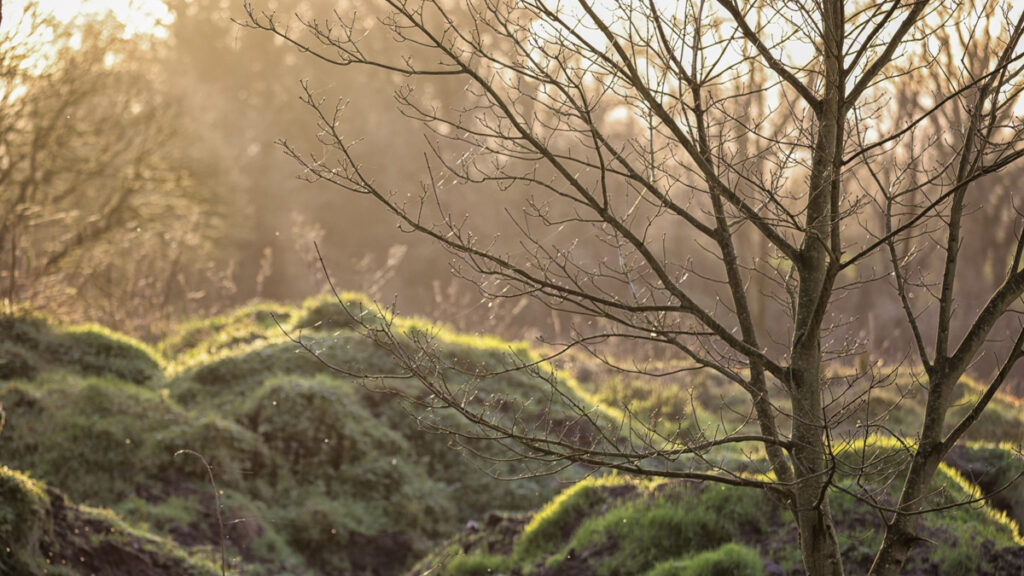
I’m not a fan of New Year’s resolutions, mostly because I don’t keep them for long. Whether I keep them or not, however, the arrival of 2025 is like turning the page into a new chapter, offering a chance for reflection and closure on the past year and providing a clean slate for the year to come.
Looking back at the year gone by can bring a mixed bag of emotions. Gratitude for the blessings we’ve received, the successes we’ve enjoyed, or the new experiences we had. Regret for the missed opportunities, the broken relationships, or the things we’ve failed to do. And sorrow and grief for those we’ve lost along the way.
The dawning of the New Year gives us renewed hope for ourselves, our families, our countries and our world. There’s a feeling of excitement at the possibilities we might grasp, thanks for the fresh start we’re afforded, and not a little bit of trepidation at what might be ahead. It’s as if we have a blank page on which to continue writing the story of our lives, without the baggage of whatever the last chapter contained.
All this is rather secular, to be honest, as we Christians needn’t wait for the New Year to turn things around. Instead, it’s a possibility given to us every moment of our lives. Indeed, I’ve found that here in the Middle East the new calendar year tends to arrive with little fanfare. Rather, more attention is given to the Jewish Rosh Hashana and Islamic al-Hijrīyah, the religious “head of the year” that determines the timing of key festivals and which will impact upon, and be used alongside, the secular calendar. For example, on a recent visit to a Gulf country I noticed my passport was stamped with an arrival date of 15/06/1446… something sure to baffle border officials wherever the Gregorian calendar is used!
The quiet acknowledgment given to the arrival of the New Year in the Middle East contrasts with the lively traditions of my childhood in Northern England, where the start of the year was an occasion steeped in ritual and anticipation. As children we hoped to be the one chosen to step the “first foot” into the house, carrying with us a piece of coal and a silver coin in hope of prosperity for the year to come. I’m not sure what the significance or origin of these rather superstitious practices are, but the coal probably had something to do with the region’s mining heritage and spoke of a time when coal in the hearth was vital for a family’s survival. In those days, hope for prosperity was born of knowledge that destitution was always a terrifying possibility.
When thinking about these practices, I’m reminded of a line somewhere about how we need rituals because “we need to elevate certain parts of life by marking them out in some way.” For us Christians, it is the Church that recognises, explains and dignifies this human impulse through her own rituals, liturgies and observances. In a less religious upbringing like my own, perhaps the sort of New Year rituals that I described took on more importance as they fulfilled the need to mark turning-points in lives otherwise devoid of Church practice and rituals.
Indeed, as participation in Church life declines nowadays a whole array of secularized rituals now seek to satisfy this human desire, often with hefty price tags attached: gender reveals, naming ceremonies, and even divorce rituals, to name but a few!
I don’t want to sound puritanical, and I do recognise how the New Year gives a very clear sense of transition and many people wish to mark it. So, if we wanted to make resolutions for the New Year we won’t go wrong by committing to something like more time for daily prayer, the reading of the Scriptures, going to Mass more often, or frequenting the Sacrament of Reconciliation. Friends of our monastery might consider taking time for a retreat at Glenstal Abbey, a commitment to regular giving, or living the Benedictine spirituality each day as one of our Oblates.
I’m not sure what, if any, resolutions I’ll be making. But I will mark the arrival of the New Year 2025, and will use it as an opportunity to review the year past and seek signs of God’s action throughout. I’ll take time to reflect on the year ahead too, mindful that every moment of the Christian life is an opportunity for renewal – not just at the start of the year. Thanks be to God!
Justin Robinson OSB

